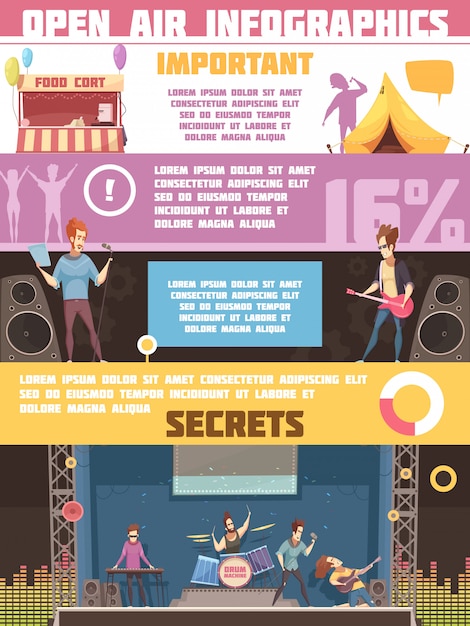Choosing the right framework product is crucial for occasion camping tents. Whether it's layered steel for budget plan camping tents or plated light weight aluminum for heavy-duty applications, there are numerous factors to consider to remember.
Steel structures prevail in lower-priced pop-up tents but are prone to deterioration despite having coatings and call for normal upkeep. Aluminum is lightweight, naturally resists rust, and holds up well in humid or coastal atmospheres.
Steel
When it concerns guaranteeing the sturdiness of customized tents, the product made use of in their frameworks plays an essential role. Steel and light weight aluminum alloys both supply costs toughness, yet each offers distinct benefits that make it suitable for various types of environments. Steel is ideal for tough problems, while aluminum master withstanding rust and lessening upkeep costs.
When event hosts pick the appropriate camping tent for their needs, they need to consider variables like anticipated climate condition. As an example, framework tents often perform better in gusty or rainy conditions than pole outdoors tents due to the fact that they don't rely upon a main pole to sustain the structure. However, the connections in between frame items can damage in high stress and anxiety situations. Recognizing these weak points and performing routine evaluations can aid prevent potential damages.
Steel frames are difficult to reduce, weld or shape, which can call for specialized devices and boost labor prices. Furthermore, they often tend to corrosion or rust quickly and may need extra protection or layers. Furthermore, steel is very heavy and can create issues when moving a canopy. It's likewise hard to store for extended periods of time because it occupies much more room than aluminum frameworks.
Light weight aluminum
Light weight aluminum is a popular framework product for canopy camping tents due to the fact that it's lightweight, rust-resistant, and very easy to transfer and establish. It also supplies an extra stable sanctuary throughout gusty problems than steel structures. Aluminum is much less vulnerable to tearing and any damages can be easily repaired, extending the life of the camping tent. It also breathes to minimize condensation and offers exceptional acoustic insulation to wet outdoors noise.
The longevity of aluminum structure tents is additionally boosted by the natural oxidation buildings of the metal. It produces a compact oxide layer that shields the surface from rust and discolorations. Because of this, the long life of a light weight aluminum appear outdoor tents can be enhanced also further when the structure is plated.
Anodized aluminum is stronger than steel and can stand up to high wind rates. In addition, the layer resists corrosion and spots, expanding the lifespan of the tent. Moreover, plated light weight aluminum is recyclable and lasting, making it excellent for businesses seeking LEED certification. The combination of these homes makes aluminum a much more affordable alternative than steel for huge, sturdy camping tents, such as those utilized to fit commercial tools and stockroom inventory. Steel, on the other hand, is much more expensive since it needs expensive alloys such as nitrogen, molybdenum, and chromium to improve stamina.
Iron
Iron framework tents commonly last up to 15 years if the right care and upkeep is used. This consists of regularly cleaning fabric and evaluating metal elements for deterioration and wear. By taking these procedures, event hosts can take full advantage of the dependability of their frames and guarantee their ongoing performance in challenging settings.
Steel is a perfect material for creating long lasting camping tents, especially for usage in rough climate condition. It is a solid, strong, and inexpensive material that supplies security and durability for a large range of applications. However, steel is prone to rusting in moist and seaside atmospheres. The addition of safety finishes and normal upkeep can aid to minimize this danger, but these efforts enhance overall maintenance costs.
In contrast, aluminum is an extra sturdy option for a personalized outdoor tents because of its natural oxidation residential or commercial properties. When plated, aluminum comes to be super-strong and as much as 3 outdoor camping times more difficult than basic light weight aluminum alloys. This makes anodized aluminum the second-hardest compound next to ruby (satellites, aircraft, and army vehicles all make use of anodized aluminum). Along with its toughness, anodized light weight aluminum is also extra resistant to corrosion than steel. These elements make light weight aluminum a superb choice for appear canopy tents and contribute to their capacity to carry longer service warranties (5, 7, and even life time frame guarantees). Furthermore, light weight aluminum is 1/3 the weight of steel allowing for a much thinner structure design for even more modification choices and boosted strength.
